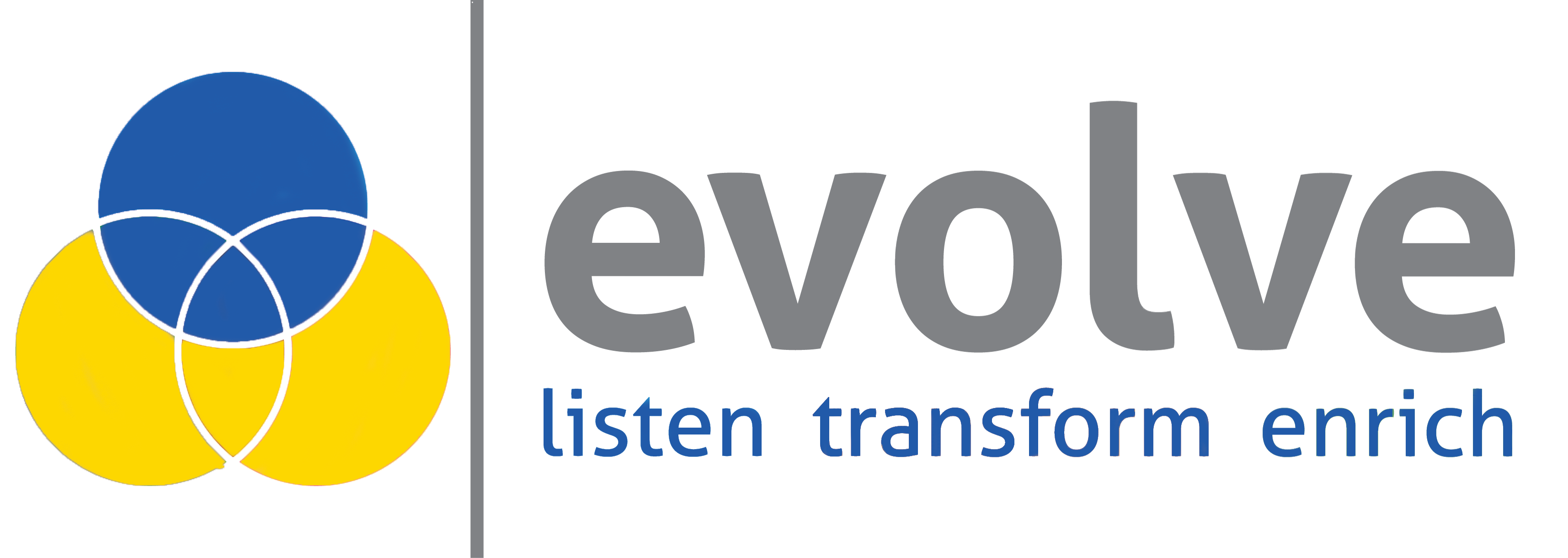Whoever is involved in software development is often faced with the dilemma of working with a dedicated development team vs. managed team. Although there are some similarities, there are also some significant differences.
As the way we worked changed in a post-pandemic world, we can expect to see more of both in the months ahead. For example, Gartner found that as much as 82% of CEOs surveyed plan to embrace remote working for at least part of the time.
This means that most businesses will already have some experience with remote team management. So this is highly suitable for an extended team or a remotely managed development team. It’s also an approach that will perfectly fit into the “not so normal” way we’re getting things done today.
What Is a Dedicated Development Team?
A dedicated team is a team of expert software development professionals who work on a project over a long period. They are hired and supervised by an established software development partner who provides the skill sets you need for the duration of the software development project.
What Is a Managed Development Team?
A remotely managed software development team follows a team extension model. In this scenario, businesses hire one or more developers to fulfil some required project skills. These IT professionals can augment your in-house development team on-premises or remotely.
Dedicated Development Team vs. Managed Team: Pros and Cons
Like anything in life, everything has its own set of advantages and disadvantages. The same is true for dedicated teams and managed development teams.
However, there’s a difference between managed teams provided by vendors and ones you build on your own with freelancers. For this post, we will focus on the latter. It’s important to explore the advantages and disadvantages to ensure that you choose the right approach for your project.
Dedicated Development Team Pros
No Recruitment Expenses
Finding top tech talent that’s affordable is a challenge. However, with a dedicated team, you can skip the expensive recruitment process. You also won’t have to worry about all the overhead that comes with new hires as your development partner has it covered.
No Hidden Costs
Dedicated team costs are transparent. So, you won’t have to worry about any hidden charges. As your software development provider has already selected, vetted, and hired a pool of IT specialists, you won’t have to plan for unpredictable expenses. You also don’t have to contribute to any benefit costs.
Cost-Effective
A dedicated team is much cheaper than their in-house counterparts. For example, if you engage a team of expert developers in Kyiv (where the cost of living is significantly lower), your expenditures will be much lower than hiring an identical team in London.
Quick and Easy Setup
As you’re dealing with domain specialists, you don’t have to spend a lot of time getting everyone on the same page. The experts you’re dealing with come with significant industry experience and can quickly integrate into your ongoing development process.
The Dedicated Team Will Adjust
Whether your dedicated team is local or nearshore in Ukraine, you don’t have to adapt your existing communication model to engage them. You also don’t have to change your tech stack to collaborate with a dedicated team. Dedicated development team members will adjust to your company culture and the way you work.
Focus on Results and Not Daily Management
Dedicated teams often come with their own project manager. This individual will control and manage the day-to-day process and workflows and report to you. You can check on the progress as often as you like to ensure that it’s transparent and perfectly aligned to your project goals. This approach frees up product owners to concentrate more on other core areas of the project.
You Retain Complete Ownership
With a dedicated development model, you have technical ownership of the project. Your software development partner just provides the necessary expertise. The code, knowledgebase, best practices followed, and all project artifacts are handed over to you at the end of the contract.
Dedicated Development Team Cons
Not Ideal for a Short-Term Project
Dedicated development teams work well on long-term projects. In this case, your software or mobile application can scale and evolve constantly with the same group of software specialists. However, for a short-term project, it’s best to go with another software development model.
Different Time Zones and Cultural Conflicts
If you decide to offshore your application development project to another continent with a significant time difference and working culture, you must be alert to potential conflicts.
You can expect a language barrier, a different way of thinking and working, and so on. Whenever this is the case, it’s best to adopt and apply agile development principles. You might also have to adapt the way you work and take some time to develop your own team culture.
If your dedicated development team provider operates in the same country or same continent, you can simply avert these types of conflicts.
Managed Team Pros
You’re in Complete Control
If you’re following the managed development team model, you’re in complete control over the hiring process. You get to choose who you hire and who does what during the software development cycle.
An extension of your in-house development team
Your managed team is essentially an extension of your in-house development team. You can hire the additional skills you need on a project basis. If you work with an established managed software development provider, they will vet and provide the expertise you need on-demand. As such, it works for both short-term and long-term engagements.
However, if you decide to put together a team on your own, be ready to deal with the hiring challenges and recruitment expenses that go with hiring top tech talent.
Perfect for Remote Development
If you’re already managing a remote development project, you can easily extend your team with nearshore software specialists. In addition, you can use all the communication and collaboration tools available to you to run a successful project.
Cost-Saving
Like the dedicated team model, you access significant savings with a managed team approach. This is because you can extend your team with freelancers who work on short contracts. This means that you don’t have all the everyday expenses that come with permanent hires.
You can also hire technology professionals in other countries (to work remotely) on a project basis.
Managed Team Cons
You Have to Put in the Hours
In a managed team, you’ll be responsible for the whole project. In addition, you will be charged with staying on top of each iteration across the software development lifecycle. So, make sure to have a plan with clear goals and milestones before you write any code.
Project Abandonment
If you hire freelancers to fill the skills gap, you risk losing them to higher-paying gigs abruptly. So, make sure to have a contingency plan ready for when (not if) it happens.
Dedicated Development Team vs. Managed Team: What’s the Best Approach?
Both dedicated and managed teams provide us with the necessary expertise to get the job done. The right approach depends on your specific project, available resources, expertise, and more.
If you’re starting from scratch and plan to work on a long-term project, a dedicated team is probably the best solution. However, if you already have an in-house team coding your application, a managed team might fit the bill.
At Evolve, we are highly experienced in helping British businesses accelerate time to market with dedicated teams and remotely managed extended teams.
To learn more about how we can help you meet your project goals quickly and efficiently, schedule a commitment-free consultation.

